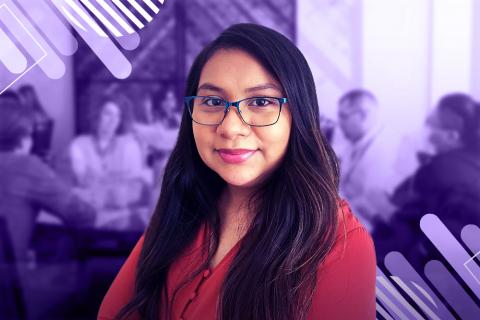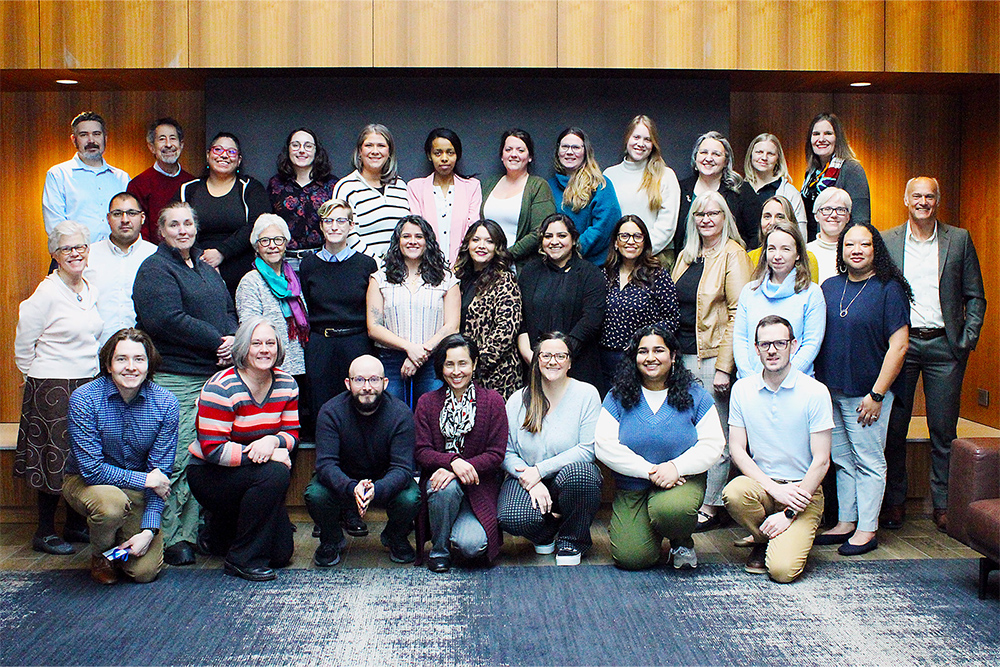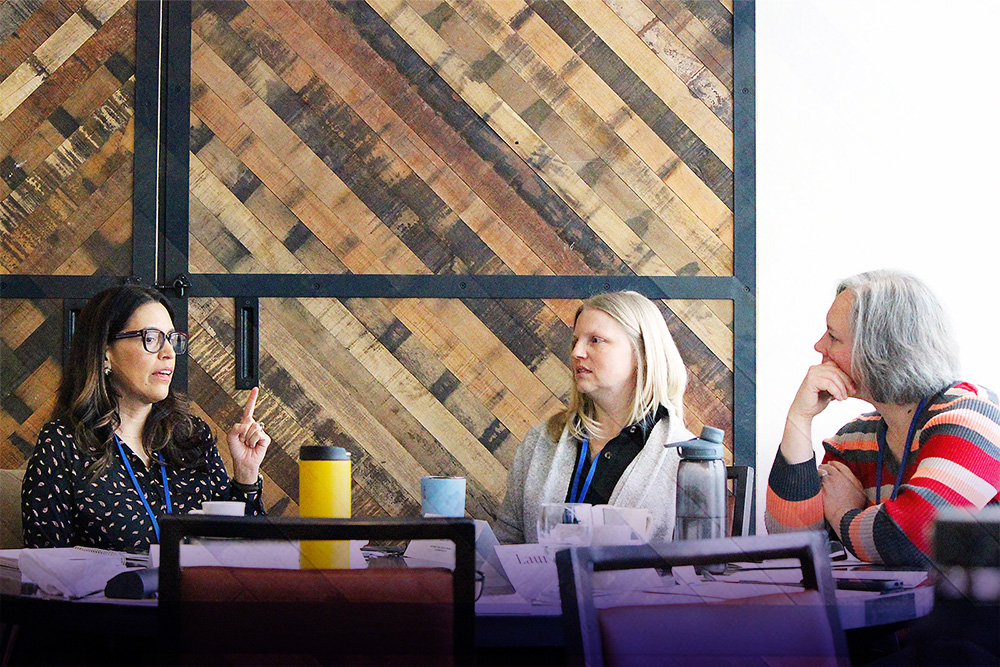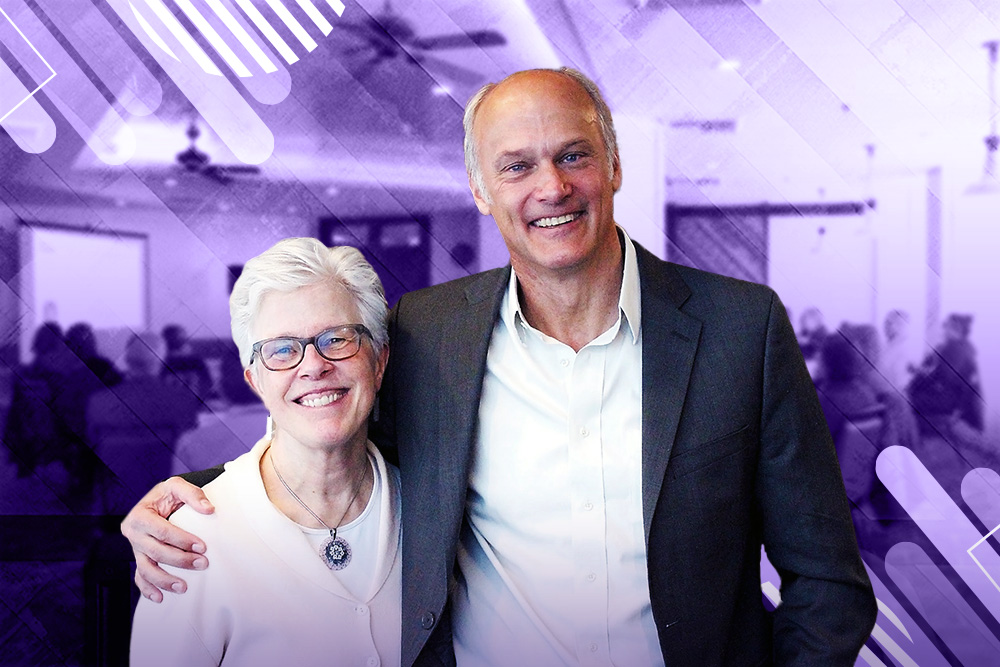
Former Leadership Institute scholar, Katherine Zavala
When Katherine Zavala moved into her position as Health Equity & Social Justice Coordinator with the Washington State Department of Health (DOH) in Vancouver, WA, her supervisors suggested that she explore the Northwest Public Health & Primary Care Leadership Institute.
“Up to that point my background was in direct service and community health, so this was my first experience working in public health,” Katherine said. “I wanted to understand how I could help our department bridge the gap between primary care and public health.”
In addition to spanning the two disciplines, Katherine was also interested in building relationships within the Department of Health. “The DOH is such a huge body that went through a lot of change during the pandemic, and often it wasn’t clear who I could contact and network with to achieve my department’s goals. I knew I needed to create avenues of communication and hold relationships so we could achieve our social justice and health equity goals.”
Katherine found the Leadership Institute’s emphasis on change management to be extremely applicable. “The change management sessions were really useful for what I was trying to do at work. They stimulated my interest so much that I subsequently pursued additional change management training.”
“A lot of my job is focused on contract management and external health equity work. The Leadership Institute’s training empowered me to bring in community and make changes within our organization. Since graduating, I’ve created and incorporated a change management plan which has helped us develop a sustainable staff training and development plan to ensure health equity concepts are at the forefront of our work.”
Katherine also pointed to Kendra Liljenquist's workshop on positionality. “I loved that conversation and have found it very applicable to my work. The DOH is a government agency that has a history that we need to be cognizant of when we enter partnerships with outside organizations.”
“We’ve done a lot of work with tobacco cessation and substance use prevention,” Katherine explained. “Those are the sorts of programs where public health and primary care intersect. The Leadership Institute made me much more comfortable entering and navigating those conversations. Knowing how to build partnerships and retain relationships has been one of the keys for why those programs have been so successful.”
Katherine noted that the Leadership Institute’s impacts extended beyond her professional work. “This program challenged me to think about how I’m investing in my community, not just as a public health worker, but as a citizen. I find I think about these topics not only as a mom and a woman of color, but also as a voter. My focus has increasingly shifted toward policy impacts, and I’m exploring new ways to stay active and involved in bettering the health of my community.”
The Leadership Institute’s next cohort will begin in spring of 2025. Learn more and apply for next year’s program.


